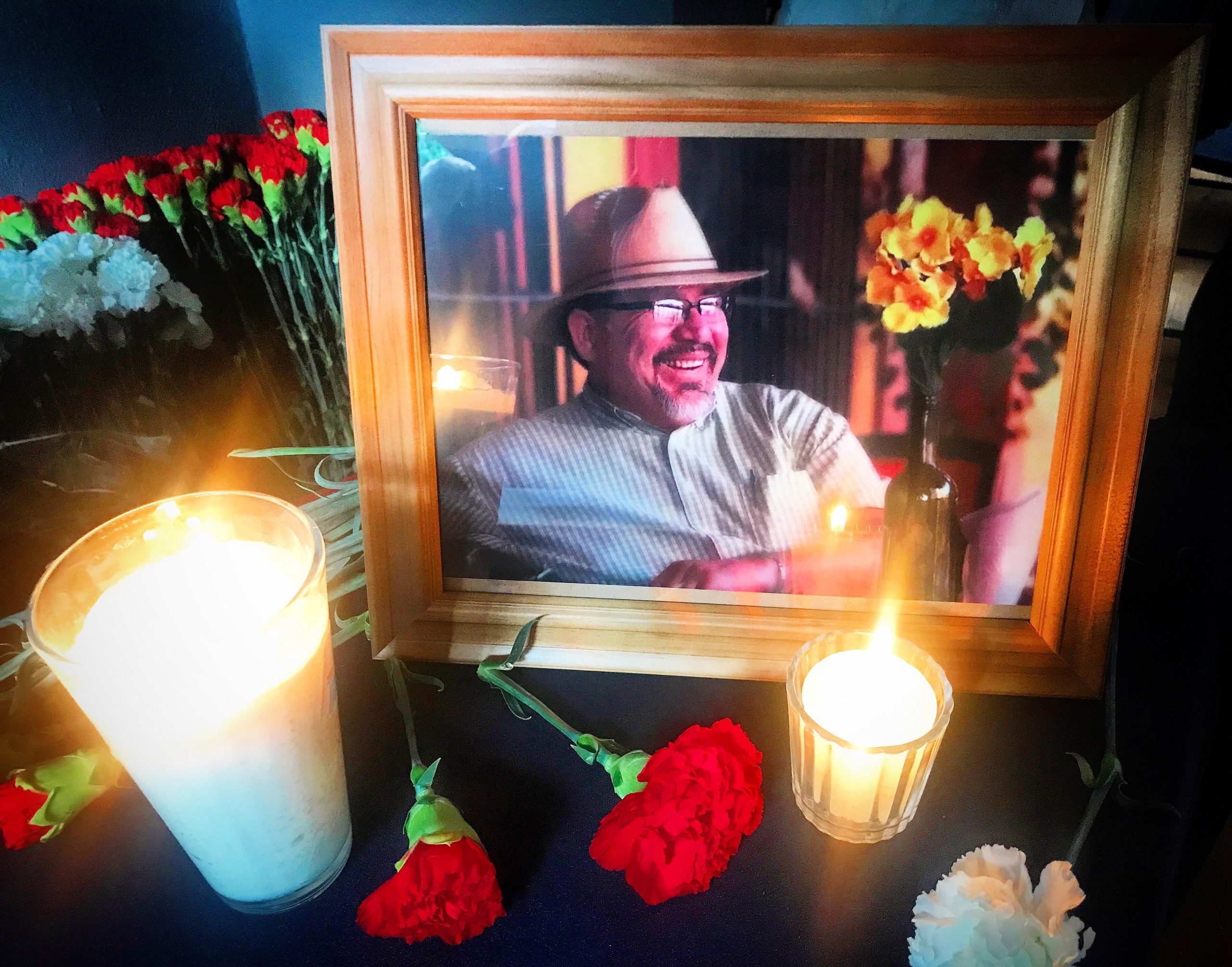Rest stops for migrants operated by Roman Catholic priests across Mexico are coming under attack from top Church officials after centre directors criticised Mexican government policies on Central American migrants.
The most recent case is that of Father Alejandro Solalinde, the Mexican priest who ran Hermanos en el Camino (Brothers in the Road), a rest stop in the state of Oaxaca. Solalinde, who recently returned from two months of forced exile after receiving death threats from organised crime groups, was ordered by the Bishop of Tehuantepec, Oscar Armando Campos, to stop his work with migrants. Solalinde said the Bishop objected to his public statements in the media in support of migrants who face harassment from not only organised crime groups, but also local government and police officials. Local residents have also criticised the centres, whose rest stops draw large groups of the mostly male Central-American migrants. A political backlash has forced Bishop Armando Campos to clarify that he never told Solalinde to leave the centre.
 Solalinde gained international recognition in 2007, when he founded the migrant rest stop in Oaxaca — one of 52 rest stops or centres located in small towns along the territory crisscrossed by a cargo train known as The Beast, spanning from Chiapas in southern Mexico to Saltillo in the north. Central American migrants board the train to travel free of charge from Mexico’s southern border to the US border.
Solalinde gained international recognition in 2007, when he founded the migrant rest stop in Oaxaca — one of 52 rest stops or centres located in small towns along the territory crisscrossed by a cargo train known as The Beast, spanning from Chiapas in southern Mexico to Saltillo in the north. Central American migrants board the train to travel free of charge from Mexico’s southern border to the US border.
The rest stops assist thousands of Central Americans in their travel from their home countries to the United States.
Solalinde’s centre is one of two that have recently run into trouble recently. On 9 July, Guillermo Ortiz, Bishop of Tultitlán, in Mexico State, ordered the closure of another migrant rest stop after serious opposition by local residents. The centre was relocated further away from the train tracks, with the move already causing problems for migrants, according to press accounts.
Father Pedro Pantoja, who runs a migrant rest stop in Saltillo Coahuila, says the situation faced by migrants will only worsen. Last year, Catholic workers from the centres and Mexico’s National Commission of Human Rights documented that close to 10,000 Central-American migrants had been kidnapped by organised crime groups between September 2008 and February 2009. Government authorities refused to accept the findings, according to Father Pantoja. The Mexican government has increased security along specific spots in the migrant route, but violations still occur. The victims of a recent string of murders carried out by the Zetas, a notorious organised crime group, are said to be Central-American migrants kidnapped in Mexican territory. Mexican immigration authorities estimate that close to 200,000 migrants cross the Mexico-Guatemala border illegally every year.




